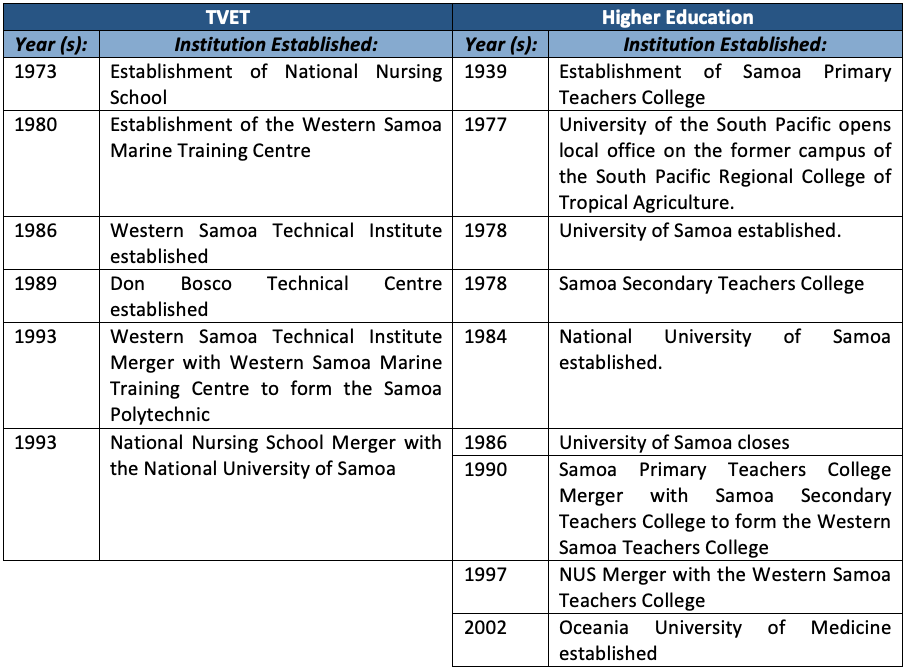
Differentiating Between a University of Technology and a TVET College
Introduction
The higher education landscape encompasses a diverse range of institutions, each catering to specific educational needs and career aspirations. Among these institutions, universities of technology and technical and vocational education and training (TVET) colleges stand out as distinct entities with unique characteristics and objectives. This essay aims to provide a comprehensive differentiation between these two types of institutions, exploring their key differences in terms of mission, curriculum, student profiles, and career outcomes.
Mission and Objectives
University of Technology
Universities of technology are primarily focused on providing higher education in applied sciences, engineering, and technology. Their mission is to produce graduates who possess a deep understanding of scientific principles, technical skills, and problem-solving abilities. They emphasize research and innovation, aiming to advance knowledge and contribute to technological advancements.
TVET College
TVET colleges, on the other hand, prioritize vocational and technical training. Their primary objective is to equip students with practical skills and knowledge that are directly applicable to specific occupations. They focus on developing hands-on competencies, preparing students for immediate entry into the workforce.
Curriculum
University of Technology
Universities of technology offer undergraduate and postgraduate programs in various fields of science, engineering, and technology. The curriculum is typically rigorous and academic, emphasizing theoretical foundations and research methodologies. Students engage in coursework, laboratory experiments, and research projects to develop a comprehensive understanding of their chosen field.
TVET College
TVET colleges offer certificate, diploma, and advanced diploma programs in a wide range of vocational and technical areas. The curriculum is designed to be practical and skills-based, focusing on developing specific competencies required for employment. Students participate in hands-on training, workshops, and internships to gain practical experience.
Student Profiles
University of Technology
Students attending universities of technology typically have a strong academic background in science and mathematics. They are often motivated by a desire to pursue careers in research, engineering, or technology-related fields. They are expected to possess analytical thinking skills, problem-solving abilities, and a commitment to lifelong learning.
TVET College
Students enrolled in TVET colleges come from diverse backgrounds and may not necessarily have a strong academic foundation. They are typically interested in acquiring practical skills and knowledge that will enable them to enter the workforce quickly. They are often motivated by the desire to gain hands-on experience and develop specific occupational competencies.
Career Outcomes
University of Technology
Graduates from universities of technology are well-prepared for careers in various industries, including engineering, technology, research, and development. They are highly sought after by employers due to their strong technical skills, problem-solving abilities, and research experience. They can pursue careers as engineers, scientists, researchers, and technology leaders.
TVET College
Graduates from TVET colleges are equipped with practical skills and knowledge that are directly applicable to specific occupations. They are often employed in skilled trades, technical fields, and service industries. They can pursue careers as electricians, plumbers, carpenters, automotive technicians, and healthcare professionals.
Funding and Governance
University of Technology
Universities of technology typically receive funding from both government and private sources. They are often governed by a board of directors or trustees, which includes representatives from academia, industry, and the community.
TVET College
TVET colleges are primarily funded by government sources. They are often managed by a governing council or board, which includes representatives from the government, industry, and educational institutions.
Conclusion
Universities of technology and TVET colleges are distinct institutions with unique missions, curricula, student profiles, and career outcomes. Universities of technology focus on providing higher education in applied sciences, engineering, and technology, emphasizing research and innovation. TVET colleges prioritize vocational and technical training, equipping students with practical skills for immediate entry into the workforce. Both types of institutions play a vital role in meeting the diverse educational needs of society, preparing graduates for successful careers in various industries and fields.